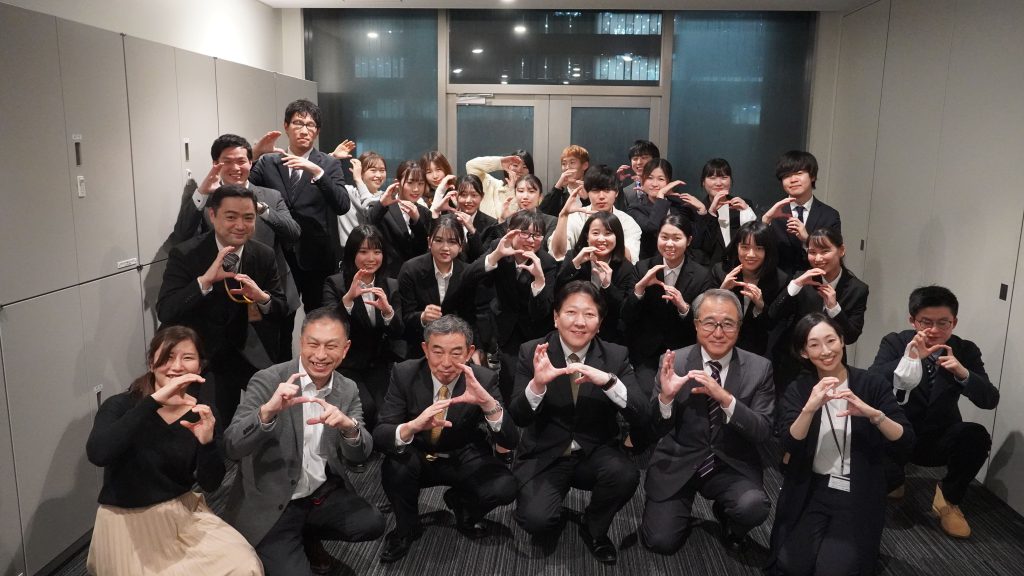Details of the Initiative
In the seminar, we are carrying out a project to promote the Nakano city, in which our campus is located, in coordination with tourism stakeholders from public and private sectors. We had carried out projects targeted on inbound tourists in 2019, and domestic tourists in the years 2020 and 2021. The project aims at developing the ability of students to see things from various standpoints. Tourism is one of the effective and familiar tools to have various perspectives to see Japan and the world.
As it expands globally, tourism is being considered as a means of achieving SDGs rather than a mere pleasure activity or part of the leisure industry. On the other hand, tourism is an activity that generates negative effects without appropriate management as represented by the word “overtourism.” In order to achieve SDGs, it is essential to understand the influence of tourism not only from the standpoint of tourists but also from various standpoints, including those of communities, industries, and administrative organs, as well as at various levels, including local, regional and global levels. To make a sustainable future, innovation in the tourism industry and destinations involving such a variety of stakeholders are also important.
Tourism has the power to visualize things that are not seen, such as cultural and historical connections, beyond existing boundaries such as administrative divisions. Tourism is really a mechanism to move people and to promote mutual understanding between regions and people. In the Sato seminar, we will carry out activities aimed at promoting mutual understanding between regions and people through tourism to contribute to sustainable communities in the future.




